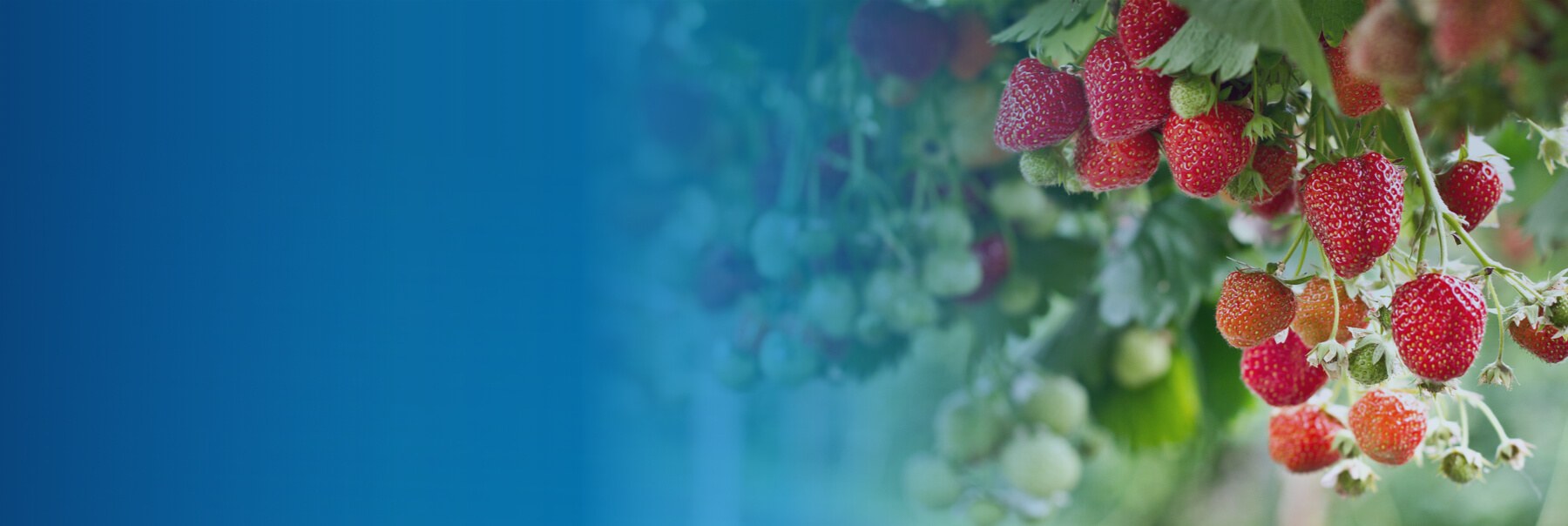Steve has been one of the many engaging speakers at our Food Business Breakfast. Having graduated as an Analytical Chemist, he started a career in the food sector with confectionery businesses such as Nestle and Northern Foods. In 2015, with his wife Naomi, he co-founded The Aurora Ceres Partnership, to help the food and beverage industry create value and excellence through informed innovation management. The business combines technology scouting and innovation support to provide insight and assistance to the sector. Steve is a regular contributor to food and beverage industry events and conferences, and is often a judge for sector innovation awards.
One business success
- 2020 was a big milestone as The Aurora Ceres® Partnership Ltd celebrated its fifth year of business. During this time, we’ve worked on an extremely wide range of projects, across a variety of food and drink industry sectors and built up a valued client base. We also recognise that this represents an exciting time for the food and drink industry; since we predominantly operate at ‘the sharp’ end of the innovation process we see that our continued existence and strength is representative of the exciting developments within the industry as a whole.
Two challenges for the sector
- New product development latency: there is never ‘the right time’ to focus on New Product Development (NPD) and innovation; it should be an everyday business activity – especially in FMCG. But “business as usual” has been disrupted in 2020. NPD typically requires kitchen and lab activity with specialist equipment, which can’t easily be replicated at home. As a result, we have heard multiple accounts of very large operators in the food and beverage sector re-evaluating their innovation strategies and, significantly, the associated budgets. NPD budgets have been clawed back to fill gaps in revenue shortfalls and some smaller and early stage developments have been shelved in preference to delivering launch plans on a smaller number of big-ticket items. The result will be some immediate post-lockdown launches, which will then lead to a degree of latency in NPD as new concepts are developed and older de-prioritised projects are allowed to catch-up.
- Responsive innovation: at the start of the 2008 recession, the industry ‘held its breath’, and existing projects were put on hold. Good innovation processes should be agile and responsive. So, as the new normal emerges, with changed consumer habits, innovation should be responding rapidly, but intelligently, to ensure that the future product landscape is truly reflective of consumer long term needs. The challenge will be to spot the new and emerging trends effectively. However, early signs are that the ‘post-COVID’ trends will be in essence versions, or extensions, of existing trends.
Three forecasts for the sector
- Things will get back to normal. A lot has changed but, in many respects, nothing has; consumers are still fundamentally the same and want a broad range of exciting and enticing food and drink offerings. So, whilst things may be slow to settle down, things will get back to normal!
- A greater scrutiny of the origin, provenance and trust in ingredients and products has been on the increase for many years but has been disjointed. The suspected food chain origins of the Coronavirus will now form part of the discussion, alongside other elements such as the BREXIT fuelled debate of chlorinated chicken, for example.
- Have you made your post-lockdown resolutions yet? January prompts healthy eating, more exercise and temperance. Post-lockdown will see a wave of activity in what would normally be associated with New Year resolutions. But, after limited access to some of our usual treats there will be growth in ‘healthy indulgence’ products as we try to balance the two elements of our diets. But be wary, we are also likely to be heading for a period of greater price sensitivity.
July 2020
